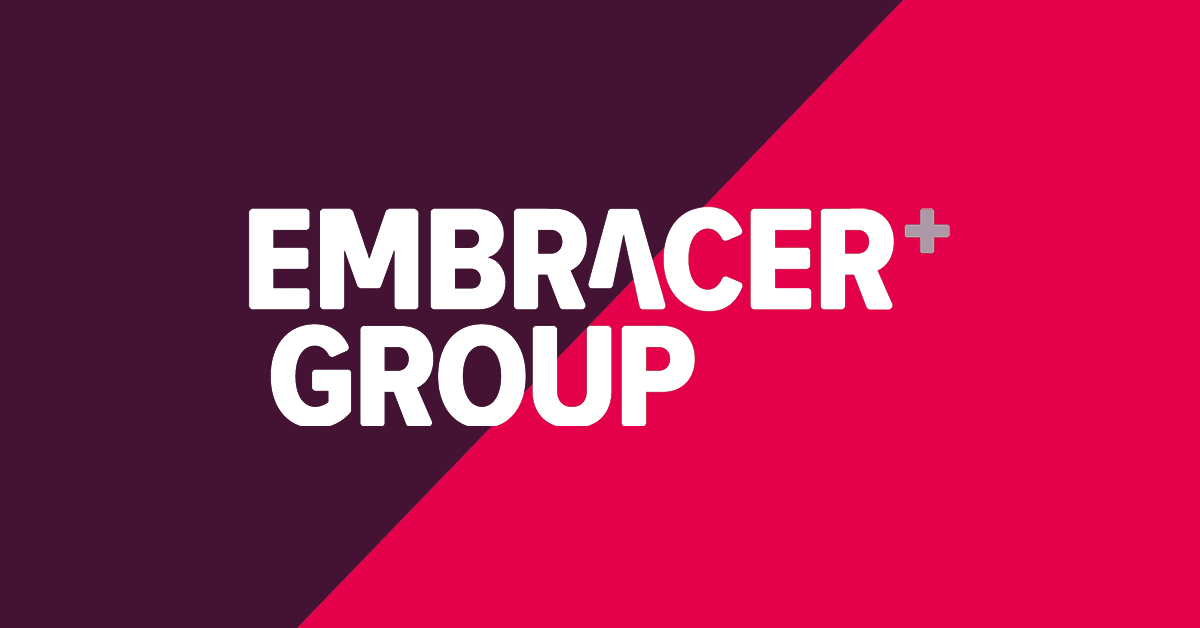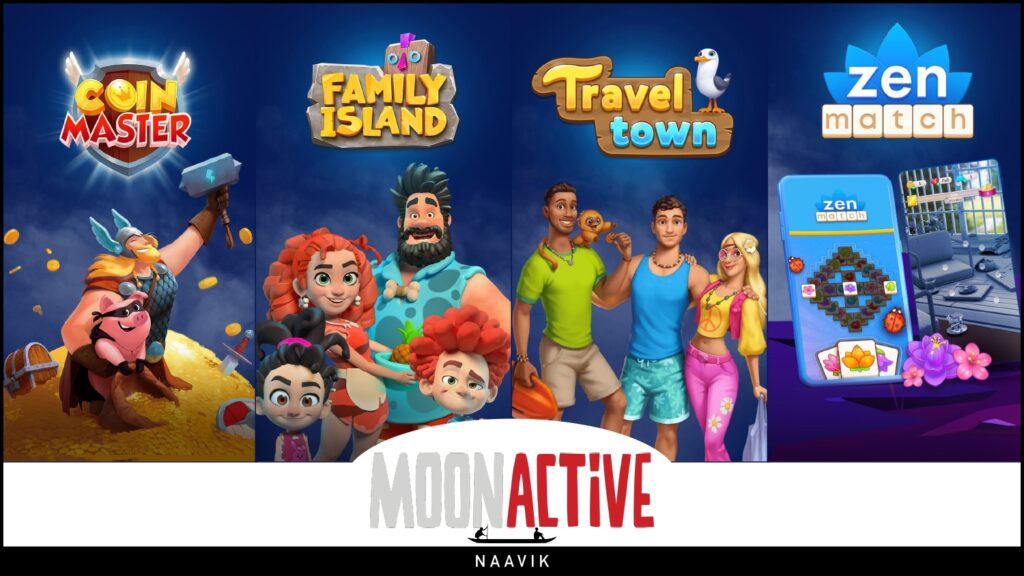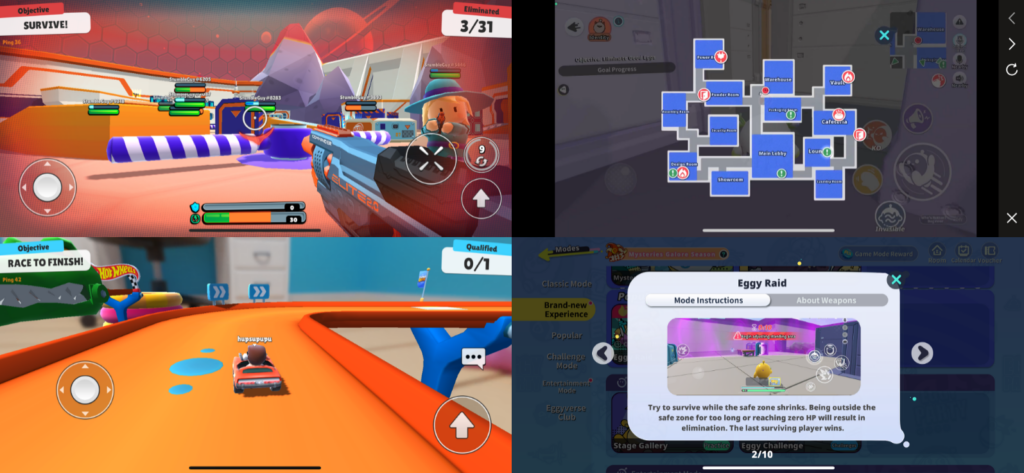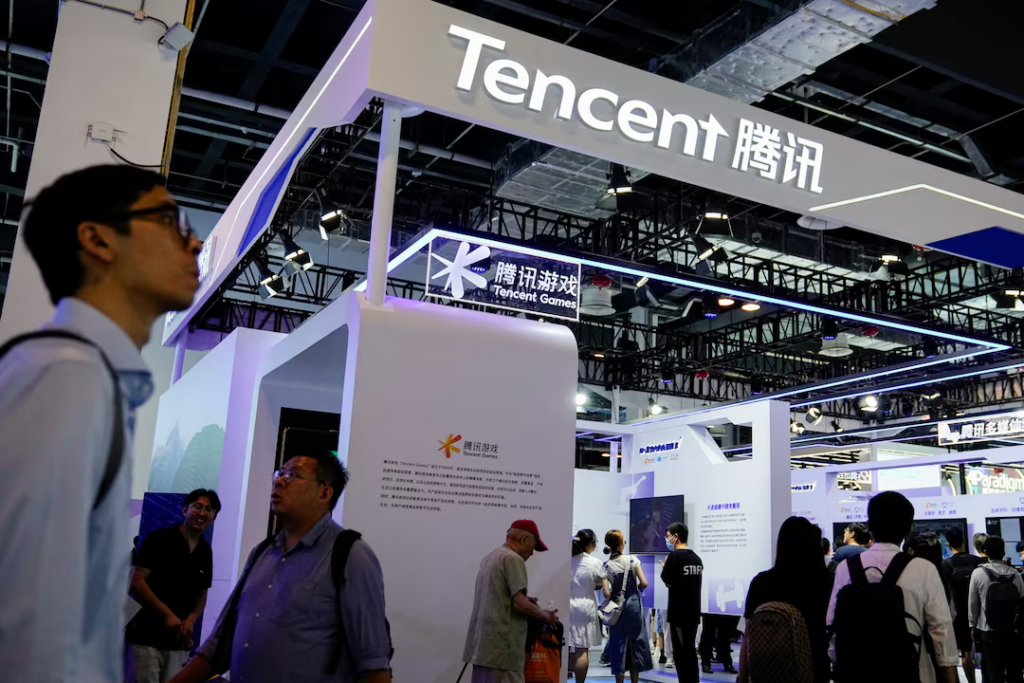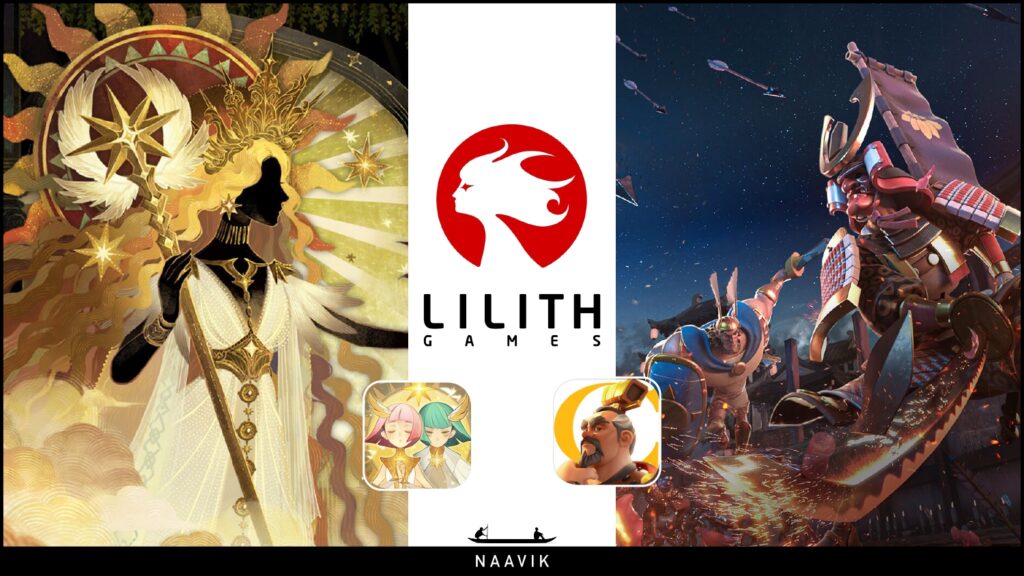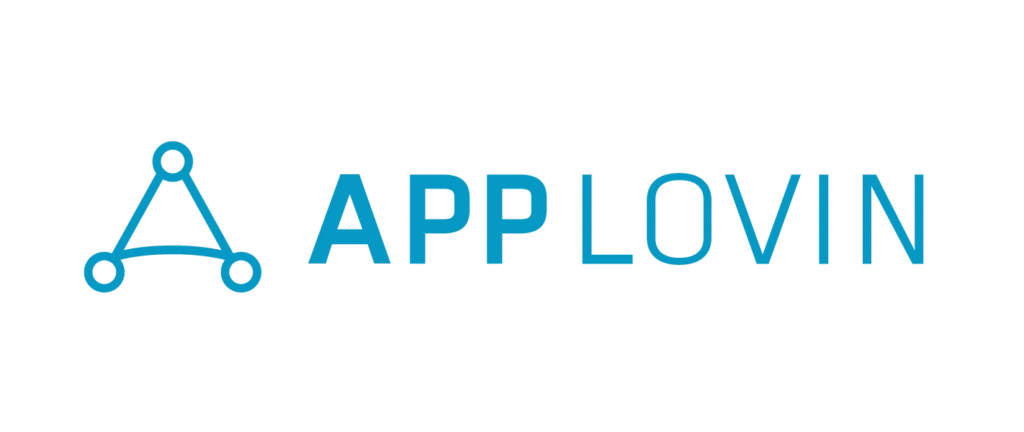Hi Everyone. We’re in the process of finalizing our sponsorship calendar for early 2022 and we still have a few spots available! If you’re interested in sharing your brand, product, or event with our community of thousands of industry executives and experts, reach out to our team to learn more. Now onto today’s issue…
Naavik Exclusive: The Metacast - Roundtable #27
In this weeks’ Metacast episode, Aaron Bush, Yonatan Raz-Fridman and Miikka Ahonen join your host Nicolas Vereecke to discuss;
-
PlayStation Spartacus: Sony is allegedly planning a new subscription to compete with Xbox Game Pass later this spring, but is it too late to take back market share from Microsoft?
-
Tencent Increases Its Supercell Stake: Supercell has seen revenue fall nearly every year since Tencent’s acquisition of a majority stake in the company back in 2016. Now, they’ve announced a new North American office and the company is boosting its valuation to roughly $11B. What’s in store for the company next?
-
The Game Awards: Gaming’s premier award show was hosted in LA last week, and centered primarily on only AAA console and PC Games. Maybe it’s time for Naavik to launch our own industry award show?
As always, you can find us on Spotify, Apple Podcasts, Google Podcasts, our website, or anywhere else you listen to podcasts. Also, remember to shoot us any questions here.
#1: Supercell’s New Studio Will Unlock Larger Aspirations
Source: Supercell
Supercell is a solid business but has been the victim of its own success over the past few years. After the industry-defining successes of Clash of Clans and Clash Royale, the company struggled to invent new hits that would take the business to new heights. Brawl Stars was certainly a blockbuster hit when it launched in late-2018 (and it remains massively important today), but even its success couldn’t take Supercell’s overarching business to new heights. Revenue fell each year over the 2016-2020 period, and even though 2021 may break that streak (TBD), it’s clear that the same three games (with Hay Day as a distant 4th) continue to be the core of the business.
Source: SensorTower
That’s why a recent transaction — in which Tencent bought out previous consortium members and raised Supercell’s valuation 10% to $11B — turned some heads. We discussed this in-depth on our The Metacast episode we shared above, but the takeaways are probably simple:
-
Even though Supercell is a big and profitable business, a 10% increase in valuation since 2016 is a poor outcome.
-
Many venture investors were probably displeased, wanted liquidity, and Tencent was able to provide it while increasing its own stake.
-
It’s a win for employees who may own stock and want to see their labor pay off.
-
It prices the business for growth. Based on 2020 numbers, this new valuation is approximately 7x sales and 30x earnings (and we’ll soon learn how it compares to 2021 numbers). Maybe Tencent knows something we don’t!
It’s the last point that is most interesting. In the podcast, we talked about Supercell’s need to continue evolving. Supercell’s focus has always been relatively simple: build amazing teams that then create billion-dollar lifetime games, and scrap everything else that doesn’t live up to that potential. That’s certainly still an aspiration, but as the mobile market has grown past Supercell over the past few years, it means Supercell should continue adapting its philosophy and approach.
It’s already done so in a couple of ways. For example, Supercell has more (types of) games in soft-launch than in the past. These games — Clash Mini, Clash Quest, and Everdale — don’t appear to be crushing it as of yet, so it’ll be telling to see how Supercell treats them. Additionally, Supercell has begun investing in other talented studios — like Space Ape, Metacore, and End Game Interactive — which increases the company’s upside potential. According to the website, it looks like Supercell has invested in 14 external teams so far.
Right after we finished recording the podcast, another piece of news dropped that tied into much of what we were saying. On Wednesday, Supercell announced its intention to launch a new studio in North America. Some more details:
-
Supercell is looking to hire a “founding” team.
-
The studio will likely focus on PC/console games (perhaps cross-platform).
-
The team will have autonomy, and it can either leverage the Clash / Brawl Stars IP or create something new.
-
Supercell is open-minded to flexible locations and even being built for remote work.
Of course, there are a million unanswered questions, and guessing where this goes is entirely speculative. Who knows! However, it underscores how Supercell continues to evolve, and leadership is likely learning from other companies — like Riot (another Tencent entity) — who succeeded in taking IP to new genres and platforms.
Supercell still has a lot to prove if it wants to live up to an $11B valuation (for context, Zynga currently sports a $7.3B valuation with higher revenue). However, 1) soft-launching more games, 2) investing in more talented teams, 3) targeting new platforms, and 4) being open to more types of autonomous team structures (i.e. remote) are all steps in the right direction. Not everything may succeed — in fact, it almost definitely won’t; however, the simple act of taking more shots by methodically backing a greater number of talented teams in more ways is a recipe for unlocking greater upside. Just like the past many years, the entire industry will be closely watching to see how Supercell fairs from here. (Written by Aaron Bush)
#2: Embracer Group’s $3.1B Purchase
Source: Embracer
This week, Embracer Group made a bid for its biggest transaction to date — a $3.1B (2.75B EUR) acquisition of board game publisher Asmodee. The deal is pending approval and is expected to close in the first half of 2022. Including Asmodee, Embracer will have more than 11,300 employees in 108 owned game studios, and the combined company expects "Operational EBIT" of approximately $1B in 2022/2023, out of which Asmodee is expected to contribute $220-275M. Embracer's thinking behind the big purchase boils down to three points:
-
IP-based synergy
-
Culture fit
-
Opportunity for further inorganic growth
Let's explore a bit further: Embracer is organized into eight largely independent verticals called "operating groups," including a physical distribution business under Koch Media, PC and console games publishing under THQ Nordic, and live game consolidation under DECA Games. Asmodee is supposed to form a ninth operating group. Different than other acquisition-hungry companies like Zynga or Stillfront, Embracer doesn't emphasize operational synergies like User Acquisition. Instead, it emphasizes game development capacity and IP.
Asmodee brings rights to recognizable IP like Catan, Ticket to Ride, Pandemic and 7 Wonders, a catalog of over 300 IPs in total. Following recent trends of mixing physical and digital products in the growing board game industry, it's plausible that there is an opportunity for synergies between Asmodee and Embracer studios.
Additionally, both companies in their current (massive) forms are the byproducts of growth-by-acquisition strategies. Asmodee acquired over 20 studio and distribution companies, which helped it grow into a world-leading board game publisher, rivaling Hasbro and Games Workshop. Embracer conducted over 20 acquisitions in the last 12 months alone.
If the deal goes through, Embracer expects to have $1B in liquid funds. Plus, in the context of the pending Asmodee transaction, Embracer is planning to take on approximately $2B in new debt. There are other financial complexities to this transaction, but this level of acquisitive growth necessitates financial engineering, which in this case will weaken the company’s balance sheet, taking it from a net-cash to a net-debt position. Like most gaming businesses, Embracer's stock price has tumbled throughout the last year and currently sits -48% off its 52-week high, similar to Zynga, Ubisoft, Stillfront, and Paradox. This means its stock is less valuable a resource for acquisitions, which likely partially explains why this transaction is more debt-fueled than usual.
Embracer Founder and CEO Lars Wingefors described his company as "not having one strategy.” Instead, Embracer provides resources to its operating groups for them to execute individual growth paths. In that regard, a company and management at Asmodee who have proven to be able to deploy significant resources seem like a good fit. There’s still a big question about how well Embracer deploys capital and what type of returns it’ll see off of its acquisitions — notably how organic growth fairs and how its strategy will be limited by a lower share price — but this mega-deal, in particular, will be fascinating to watch how it plays out. (Written By Justin Stolzenberg, Co-Founder of Phoenix Games)
🎮 In Other News…
💸 Funding & Acquisitions:
-
Embracer Group acquired Asmodee for $3.1B and will make it its ninth operating group. Link
-
Solana, Forte, and Griffin Gaming will partner on a $150M fund for blockchain games. Link
-
VGames raised a $141M fund to invest in game studios. Link
-
Gala Games and C2 Ventures raised a $100M fund for blockchain games. Link
-
Medal.tv announced a $60M raise (a combined $45M Series C and $15M Series B) from Makers Fund, Dune VC, and Horizon Ventures. Link
-
Edge Gaming raised $10M in a round led by Playtika. Link
-
Fragbite acquired indie gaming studio Lucky Kat for $7.8M. Link
-
Incredible Dream raised a $2M seed round led by GC to make a fantasy series for tabletop gaming. Link
📊 Business:
-
Omdia Research finds that 12.5M Meta Quest 2’s will be sold in 2021. Link
-
Supercell will launch a studio in NAMER. Link
-
A long thread on the economics of making AAA games. Link
-
Genies announced its latest initiative with Dapper Labs, an NFT platform called The Warehouse. Link
🕹️ Culture & Games:
-
Jam City enters the web3 space with their announcement of Champions Ascension. Link
-
Dr. Disrespect announced his new AAA game studio, Midnight Society. Link
-
Twitch founder Justin Kan announced Fractal, an NFT marketplace specifically for games. Link
-
Prime Gaming and Blankos Block Party teamed up on an NFT collab. Link
👾 Miscellaneous Musings:
-
My Year in VRChat. Link
-
While at Naavik we’re bullish on blockchain games, it’s important to hear other perspectives to understand, learn, and debate: “P2E Feels Like A Disaster Waiting To Happen”. Link
-
Localization for Indie Game Developers. Link
-
An oldie: “Life After Ship”. Link
-
The Strongest Crypto Gaming Thesis. Link
🔥 Featured Jobs
-
Immutable: Game Lead/Executive Producer (Sydney)
-
Artistocrat Technologies: Senior UX Researcher (London)
-
Virtex: Partnerships Director (Remote, Global)
-
BebopBee: Community + Player Experience Manager (Menlo Park, CA)
You can view our entire job board — all of the open roles, as well as the ability to post new roles — below.
Thanks for reading, and see you next week! As always, if you have feedback let us know here.




